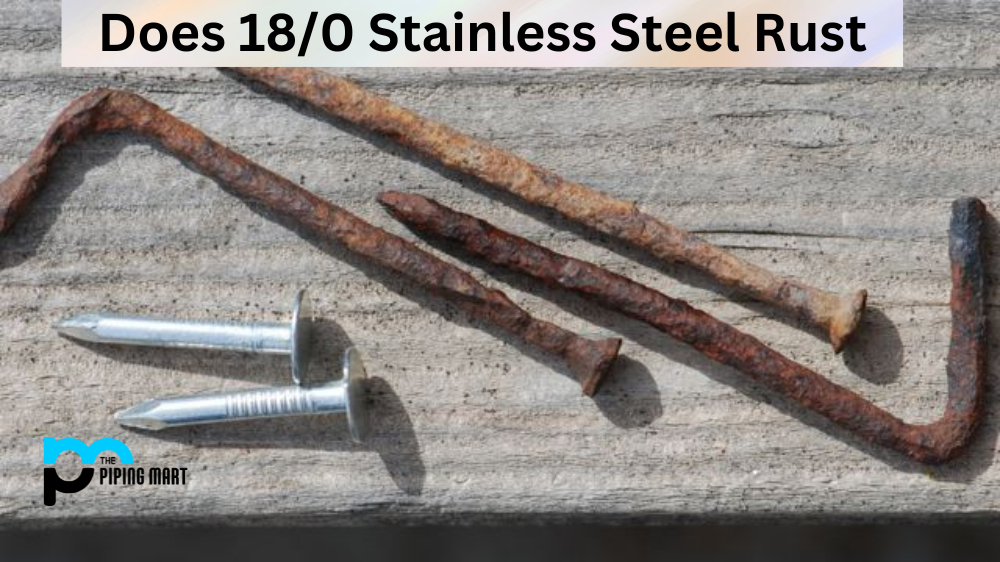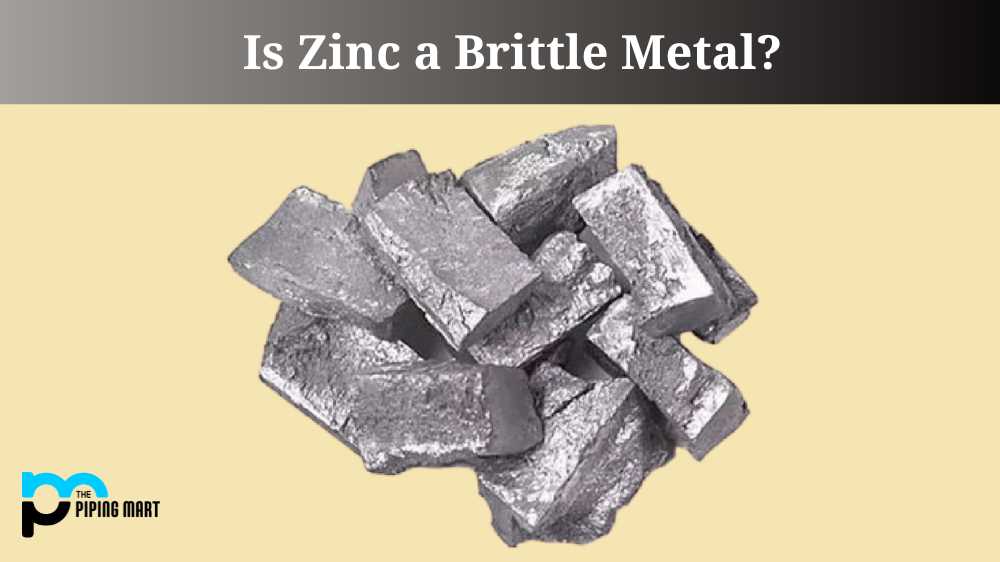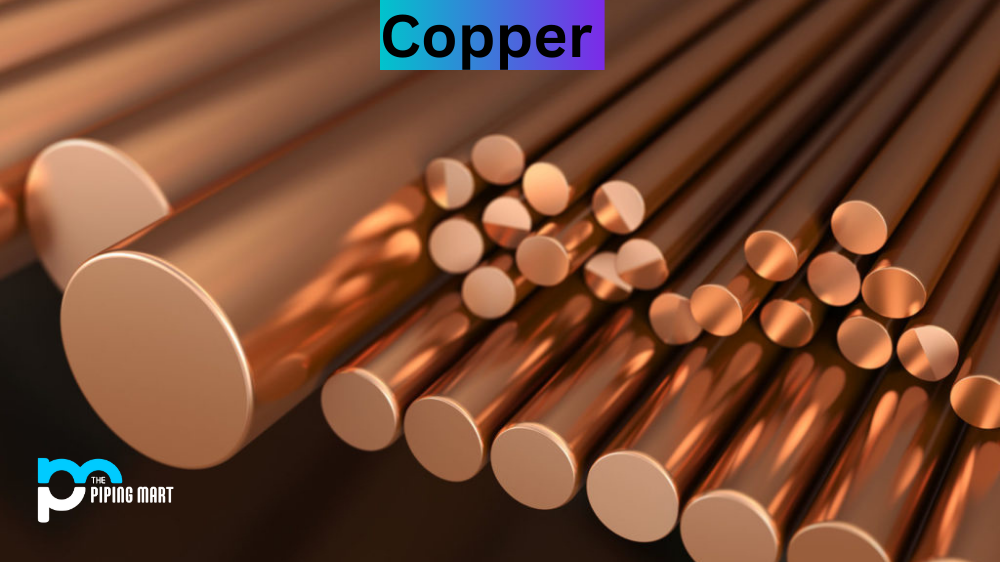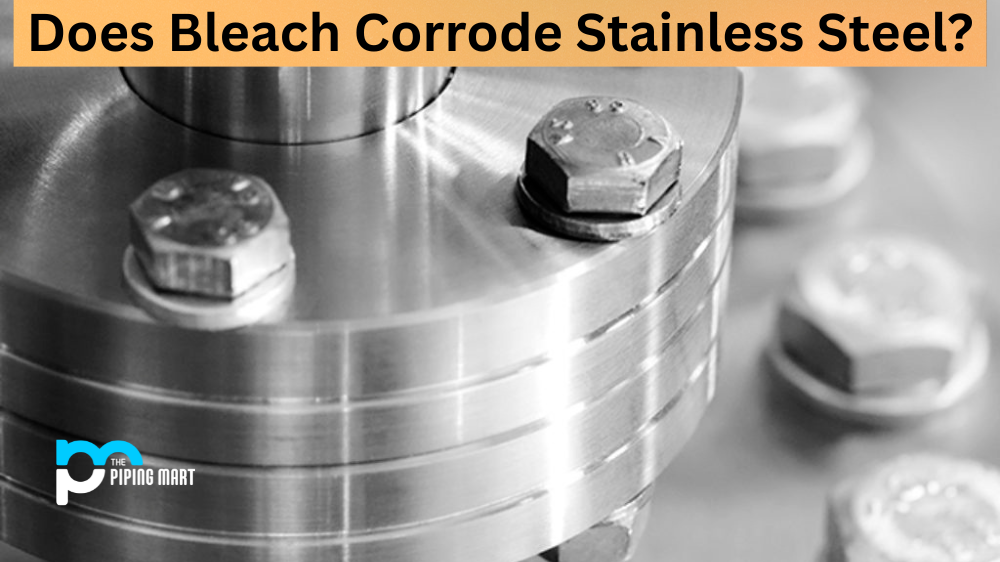If you’re considering using 18/0 stainless steel in your next kitchen project, you might be wondering if it’s susceptible to rusting. After all, even the best quality stainless steel can develop rust over time if it’s not properly cared for.
Rest assured, though, that 18/0 stainless steel is one of the most rust-resistant materials on the market. In fact, it’s so resistant to corrosion that it’s often used in industrial applications where exposure to harsh chemicals is a concern. Here’s a closer look at why 18/0 stainless steel won’t rust and how you can keep it looking its best for years to come.
Difference Between 18/0 and 18/8 Stainless Steel
Before we dive into the details of why 18/0 stainless steel won’t rust, it’s important to understand the difference between 18/0 and 18/8 stainless steel. Both are high-quality materials that offer exceptional durability and resistance to corrosion.
The “18” in both names refers to the percentage of chromium that’s present in the alloy. Chromium is a key element in preventing rust because it forms a protective barrier on the surface of the metal. The higher the percentage of chromium, the more effective this barrier will be.
The “0” and “8” refer to the percentage of nickel present in each alloy. Nickel is another element that helps prevent rust by promoting the formation of this protective barrier. In general, nickel is less effective than chromium at preventing corrosion, but it does make stainless steel more resistant to staining and easier to clean.
So, what does this all mean? Essentially, 18/8 stainless steel contains slightly more nickel than 18/0 stainless steel, which makes it slightly less resistant to rusting. However, both alloys offer excellent resistance to corrosion when compared to other types of metal.
Why 18/0 Stainless Steel Won’t Rust?
Now that we’ve covered the basics of chromium and nickel let’s take a closer look at why these elements make 18/0 stainless steel so resistant to rusting. As we mentioned earlier, chromium forms a protective barrier on the surface of the metal that helps prevent oxygen and water from coming into contact with the underlying iron. This barrier is known as an oxide film, and it’s what gives stainless steel its distinctive sheen.
This film isn’t perfect, though, and small gaps can form through which oxygen and water can reach the iron beneath. When this happens, a process known as oxidation begins. Oxidation causes iron to combine with oxygen to form iron oxide—otherwise known as rust.
Fortunately, chromium is very reactive and will quickly fill any gaps in this oxide film so that oxidation can’t take hold. This means that once this film is formed, it will continue to protect the underlying metal from rusting indefinitely—provided that no damage occurs that compromises its integrity.
Conclusion:
Suppose you’re looking for a material that won trust easily. 18/0 stainless steel is an excellent choice. Thanks to its high chromium content, this type of stainless steel form an oxide film on its surface that protects against corrosion indefinitely—provided that no damage occurs that compromises its integrity. So if you’re planning a kitchen renovation or another project where durability is key, be sure to consider using 18/0 stainless steel!

Abhishek is a seasoned blogger and industry expert, sharing his insights and knowledge on various topics. With his research, Abhishek offers valuable insights and tips for professionals and enthusiasts. Follow him for expert advice on the latest trends and developments in the metal industry.




